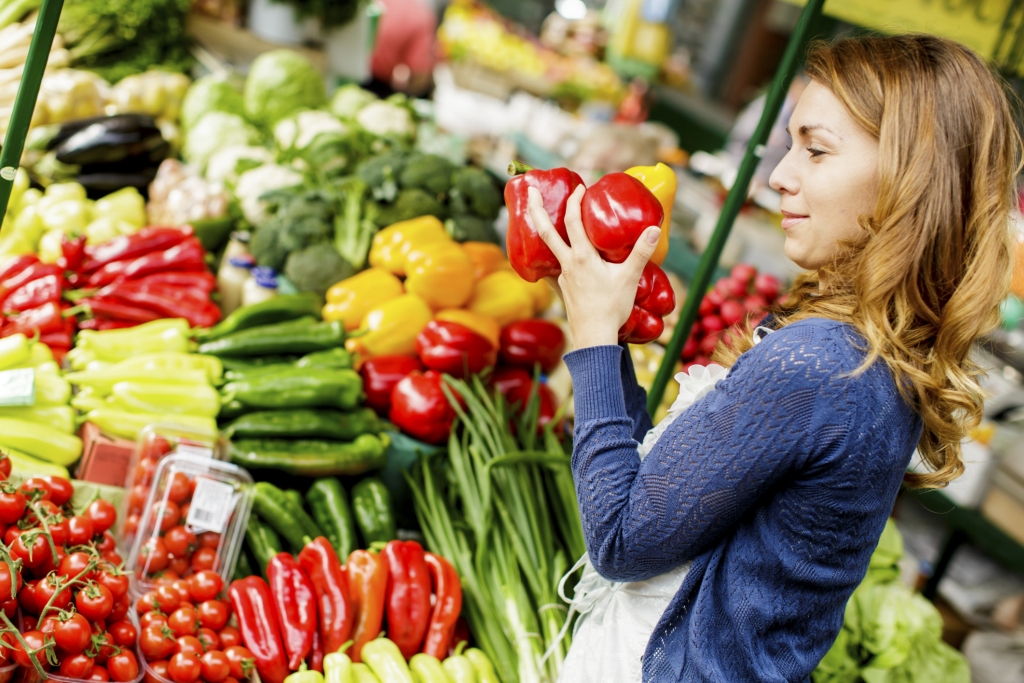Tania Mesa – Nutritionist and Nurse from Neolife
The American Society for Nutrition reassures us that “both fresh and processed foods are essential in order to make up vital parts of the food supply for the population” .
A healthy diet is not an easy target, the key lies in reaching the highest percentage possible of our caloric intake through non-processed foods – if possible, we should choose organic foods – and seek to prioritize minimally processed foods over those that are processed. Within these last two categories, we should try to avoid those that are pre-cooked and those containing food colorings, preservatives, sweeteners and spices.
We receive a vast array of negative messages about “processed foods” on a daily basis. Nevertheless, supermarkets, bars and restaurants continue to present a wide range of all kinds of them. If they are not healthy, then why are they offered to us?
The answer lies in the concept of “food safety”, which refers to the ability to ensure a sufficient food supply (caloric intake) to the population.
Can you imagine trying to feed an entire country with fresh food from the garden, fresh fish form the sea, or meat from freshly slaughtered animals? It would be impossible. This is why the processing of food for its conservation and storage before being consumed is necessary when guaranteeing food safety.
Another issue is that of “nutritional security”, which refers to the quality of food fit for human consumption. We must keep in mind that processed foods comply with a strict regulation of nutritional security, that some foods when consumed in their natural form simply cannot guarantee, such as some mushrooms and fungi, or the meat of an animal that has been raised in an unregulated manner.
A recent position stance from The American Society for Nutrition published in the journal The American Journal of Clinical Nutrition (1) reassures us that “both fresh and processed foods are essential in order to make up vital parts of the food supply for the population” . Among its authors is the well-known Spanish scientist José Mª Ordovás, an expert in nutrigenomics and author of the book “The New Science of Well-being: Nutrigenomics” (2).
In the same article, the contribution of desirable and undesirable nutrients from processed foods are analyzed. On average, processed foods contribute 57% of our daily caloric intake, being responsible for 55% of our fiber intake, a desirable nutrient, and 75% of our intake of added sugars, an undesirable nutrient.
The article also differentiates between “processed and minimally processed foods”.
Processed foods are classified in four categories:
- Foods processed in order to stay fresh, such as frozen and packaged fish, fruit and vegetables.
- Foods with added sweeteners, colorings, spices and preservatives, such as rice, pasta, sauces, and many sausages…
- Precooked food: pizza, lasagna, paella…
- Ready-to-eat food: breakfast cereals, biscuits, yoghurt…
Minimally processed foods refer to raw vegetables that have been washed, cut and packaged and are ready-to-eat (such as mixed salads of lettuce, spinach, watercress etc.).
At Neolife we recommend trying to achieve the highest percentage possible of your caloric intake through non-processed foods (fresh vegetables, fruit, fish, meat and eggs, and if possible, make it organic). However, given that this is no easy task, you should prioritize minimally processed foods over those that are processed, avoiding those that have been pre-cooked and with added colorings, preservatives, sweeteners and spices. In conclusion, when it comes to laying out our own menu, we suggest the following order of importance:
- Fresh organic (regulated) food
- Fresh non-organic food
- Minimally processed foods
- Processed foods.
BIBLIOGRAPHY
(1) Weaver C., Dwyer, J., Fulmoni III, V. et al. Procesed Foods: contributions to nutrition. Am J ClinNutr. June 2014, Vol. 99 nº 6 1525- 1542.
(2) José Mª Ordovás. The New Science of Well-being. Nutrigenomics. How science teaches us to follow a healthy life. Barcelona, Ed. Planeta, 2013.

